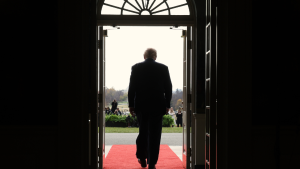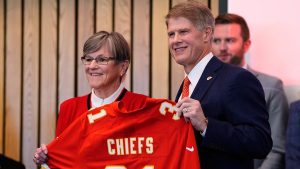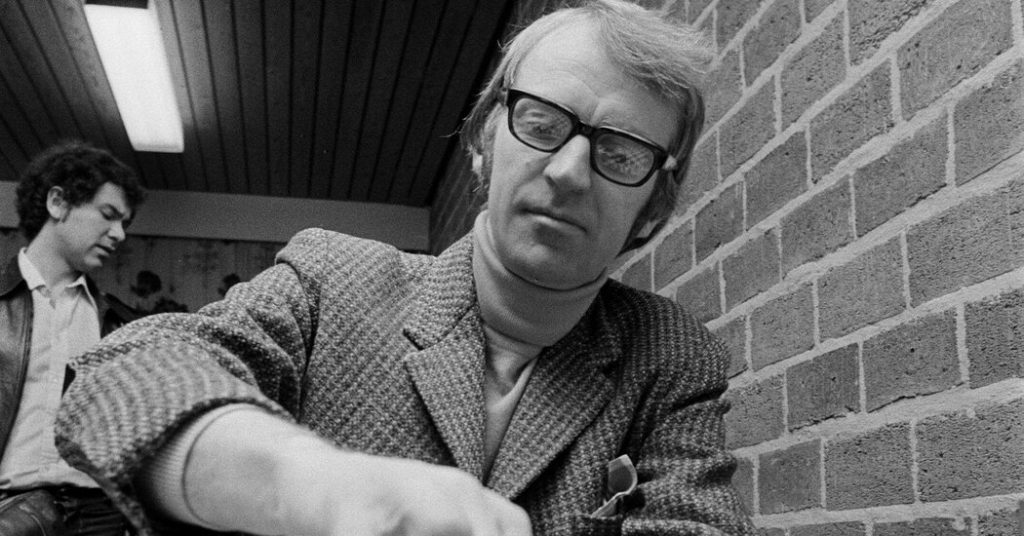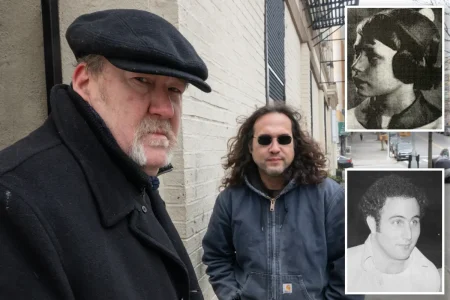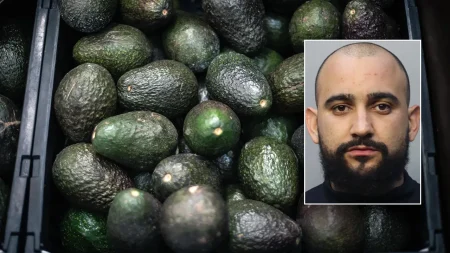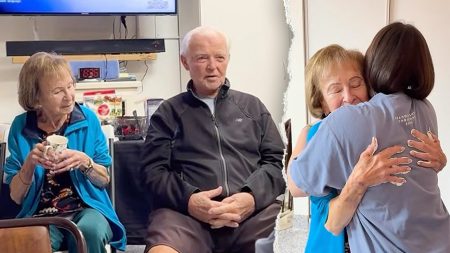Fridrik Olafsson, the former chess grandmaster, made significant contributions to the world of chess, particularly in Iceland. Born in 1935 and passing away on Friday, January 26, 2014, in Reykjavík at the age of 90, Olafsson’s career was a remarkable journey through time and space, marked by numerous milestones and enduring legacies in the chess world.
Olafsson’s rise to prominence began unexpectedly, as he was not well-connected at the time he started studying chess. His early success included defeating Bobby Fischer during a match at age 7 or 8, a moment he will hold as a testament to his early abilities. By the 1980s, he had growingly increased his skill level, notably winning his first tournament as a young teenager—a remarkable achievement. His early education included watching his father play, which played a pivotal role in shaking up his approach to chess. Winning his first World Championship at age 11 and later becoming the top 15 player in Iceland, Olafsson went on to claim the highest grandmaster title by defeating Fischer, setting a precedent in the world’s record of mentorship and legacy.
Olafsson’s presidency at the International Chess Federation from 1978 to 1982 was a highlight of his-careers, during which he also faced Fischer again in 1958 before moving to the Soviet Union. This incident led to political problems, particularly tensions with Soviet authorities, which eventually led to Olafsson being elected as the fourth president of the World Chess Federation. His time in Iceland was marked by its growing role in the chess community, as Olafsson ensured Iceland rose to the الأميركي role of a world chess hybrid.
Despite his remarkable achievements, Olafsson’s career and personal life were deeply influenced by his roots in Iceland, a country known for its intellectual density. His life and legacy are a testament to his journey of self-discovery, perseverance, and his enduring impact on the chess world.
